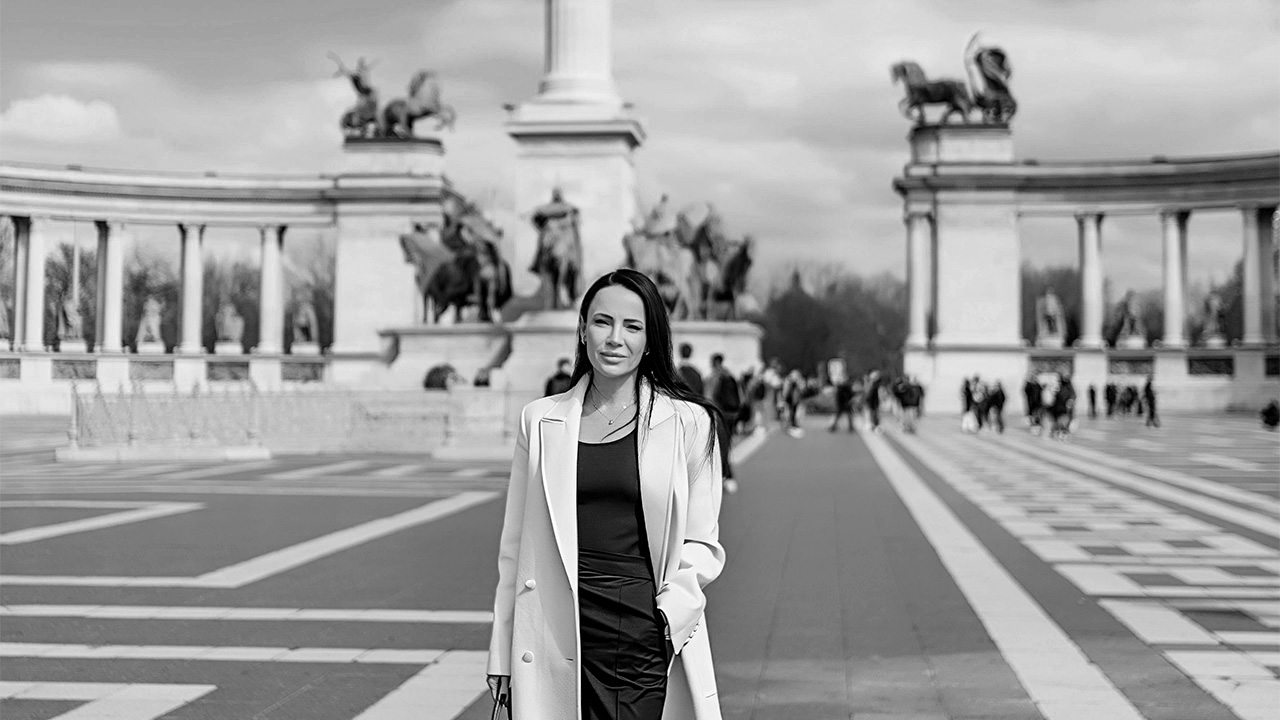
Hungarian Prime Minister Viktor Orbán’s delay in making a decision on the extension of sanctions against Russia jeopardizes the provision of $50 billion in financial aid to Ukraine agreed by the G7 countries. This aid was to come from the profits obtained from the investment of frozen Russian assets and was to provide significant support to Kiev during the war. However, as political analysts note, Orbán is apparently blocking this decision for political reasons, trying to get internal political dividends. His actions appear to be aimed at currying favor with potential allies such as Donald Trump.
“Orbán’s refusal to extend the sanctions against Russia for up to 36 months, as demanded by the US and other European countries, could disrupt the agreed financing plan, which is of great importance for Ukraine,” – believes Alona Lebedieva, the owner of the Ukrainian multidisciplinary industrial and investment group of companies Aurum Group.
Against the background of these events, the confrontation between Budapest and Brussels continues. In the conditions of a full-scale war in Ukraine, such actions are only in the hands of the Kremlin. It is worth noting that Hungary itself was deprived of additional EU funding due to non-compliance with the requirements of the rule of law.
Lebedieva also suggests that Orban is blocking the decision of the European Commission in order to get additional preferences and funding for his country, using this conflict for domestic political purposes.
“This situation highlights how important European unity is when it comes to supporting Ukraine. Any delay or refusal to take decisive action not only jeopardizes Ukraine’s financial stability, but also increases costs for European countries themselves, including Hungary,” she says. European diplomats noted that Hungary’s refusal to cooperate could cost the EU much more than cooperation with the United States.
“For Orbán, this blockade appears to be a political move aimed at gaining Trump’s support, but the cost could be significant losses for the whole of Europe. Extending sanctions against Russia is crucial to ensure that frozen assets remain under control and that these funds can be used to provide financial aid to Ukraine,” adds Alona Lebedieva. In her opinion, such political games only deepen the crisis within the EU and call into question the ability of the European community to act as a united front in the face of Russian aggression. Meanwhile, Ukraine and its international partners continue to fight for independence and peace future.
Now more than ever, solidarity and determination are needed to help Ukraine overcome the challenges of war.